The Malaysia-UN SDG Trust Fund is a multi-donor platform, established with the United Nations in Malaysia and the Government of Malaysia, to support catalytic interventions for underserved communities, particularly those at risk of being left behind.
By fostering cross-sector partnerships and a whole-of-society approach, the Fund promotes social justice, resilience, and inclusivity while addressing geographical and economic imbalances. With a strong focus on local action and SDG progress, it supports projects in economic empowerment, education, healthcare, social cohesion, and social inclusion—creating lasting impact across communities.

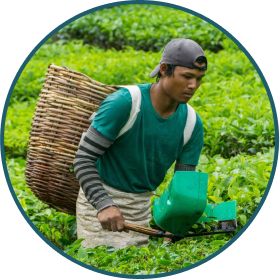
Mobilise resources for SDGs delivery in Malaysia and catalyse SDG financing opportunities
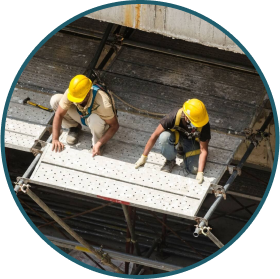
Strengthen the partnerships for SDGs and advance a multi-stakeholder approach to maximise synergies, collaboration and impact across sustainable development dimensions
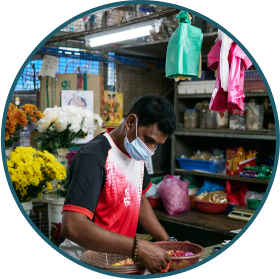
Address SDG priorities in Malaysia with a focus on leaving no one behind
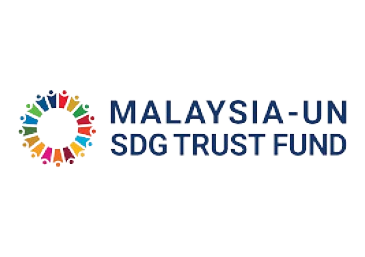
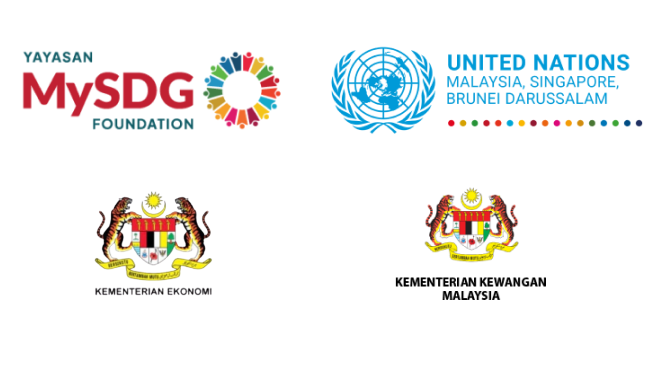

Provides overall insight, strategic direction and management of the Fund

Coordinates substantive operational and logistical matters related to the day to day management of the fund including calling for and appraising proposals and coordinating monitoring and evaluations of reports

Administers and disburses the funds to implementing NGOs and UN organisations approved by the SC
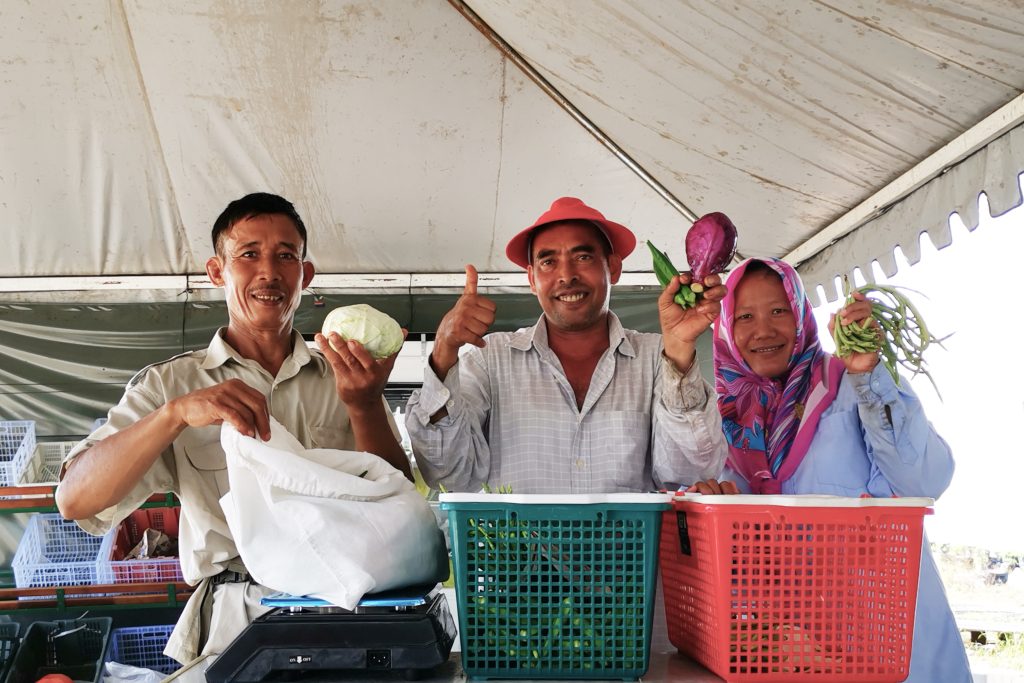
The Malaysia-UN SDG Trust Fund issues an annual call for proposals, inviting innovative projects that prioritise a people-centric approach across its three SDG pillars—People & Prosperity, Planet, and Peace & Partnership—as well as twelve priority areas. Open to participating UN organisations and civil society organisations, it also seeks projects that foster multi-stakeholder partnerships and deliver innovative solutions to help marginalised and disadvantaged communities overcome challenges, promoting their inclusion and empowerment.

Opened: 1 June 2023
Closed: 14 July 2023

USD3.6 million

Min: USD100k
Max: USD500k

Min: 6 months
Max: 18 months
How to be part of this Trust Fund?
Whether you’re aiming to make an impact as a donor or seeking support for your meaningful SDG-driven project, the Malaysia-UN SDG Trust Fund is the ideal platform for you. Explore the various ways you can engage and participate in fostering positive change, in one of two ways:
Organisation
MRA Health
About the project
Enhancing essential healthcare access for 1,000 individuals in marginalised indigenous and stateless communities in remote areas of Malaysia through mobile clinics, providing preventative and curative care, including sexual reproductive health education.
SDGs supported
Organisation
UNDP-ILO
About the project
Improving People with Disabilities’ access to the labour market with social protection through capacity building and engagement of PWD community, organisations with PWD (OPD), employers’ and workers’ organisation, private sector, government, including SOCSO.
SDGs supported
Organisation
KUASA
About the project
Empowering Orang Asli communities in Malaysia’s Titiwangsa Forest Complex by strengthening their capacity to protect land and preserving cultural heritage through training, community participation, and forest monitoring, while advocating for forest protection and sustainable resource management.
SDGs supported
Organisation
USM
About the project
Empowering and enhancing the quality of life for marginalised communities by focusing on early childhood education for Orang Asli children in Pos Lenjang, Pahang, through an intervention that provides support and strengthens basic literacy and numeracy skills.
SDGs supported
Organisation
Global Peace Foundation Malaysia
About the project
Supporting sustainable agricultural programmes for the Orang Asli community in Pahang, Malaysia by enhancing their skills, providing capital support, and introducing sustainable chicken farming to boost income, reduce poverty, and improve nutrition within the community.
SDGs supported
Anita Ahmad
Chief Executive Officer, Yayasan MySDG
Anita brings 20 years of non-profit experience to Yayasan MySDG, previously serving as Head of Community Development and Humanitarian Disaster Response at Hasanah Foundation, a Foundation of Khazanah Nasional Berhad. Her leadership drove socio-economic and humanitarian response strategies, non-profit sector capacity building, and multistakeholder partnerships, including the Government Linked Companies “Demi Rakyat & Negara” initiative. With past roles at United Nations Development Programme (UNDP) and MERCY Malaysia, Anita advocated for gender equality, indigenous rights, and disability rights through partnerships with the public sector, and has managed humanitarian and internally displaced persons (IDP) projects across natural disaster and conflict zones in countries such as Sudan and Afghanistan. As a recipient of the Eisenhower Fellowship and John S. Wolf Fellowship, Anita explored diverse community development approaches in the US. She holds a master’s degree in social development (Chevening scholar) and a bachelor’s degree in law from the UK.
Anjulie A. Razak
Programme Manager, Yayasan MySDG
Anjulie began her career in conservation, exploring innovative community-based solutions. Recognising the importance of stakeholder management and robust institutional capacities, she focused on building capacity for marginalised communities in environmentally-sensitive areas. Pursuing a double-degree scholarship, she earned an MBA and MSc in Sustainability Management from Universitas Gadjah Mada and Universitetet i Agder respectively. During this time, she investigated scaling community microgrids for rural electrification in Malaysia. Anjulie later served as a Research Coordinator at Universiti Malaya, specialising in greenhouse gas policies. Drawing on her project development and research skills, she now aims to shape the Foundation’s strategic vision to empower marginalised communities in Malaysia towards dignified livelihoods.
Michele Lee
Senior Manager, Corporate Services, Yayasan MySDG
With over two decades of experience in private, public, and semi-government sectors, Michele brings expertise from financial services, IT media, and government-linked agencies. She has held senior officer roles supporting C-level executives and managerial positions in human resources and administration.
Michele holds a master’s degree in Sustainable Development Management from Sunway University, Malaysia, and a Bachelor of Arts in Business Management from Sunderland University, UK, and accredited by the Institute of Administrative Management, UK. With skills in stakeholder engagement, resource optimisation, and project management, Michele aims to contribute to the Foundation’s sustainability goals. She seeks to foster stakeholder relationships and promote accountability, governance, and effectiveness in achieving sustainable development objectives, addressing socioeconomic challenges.